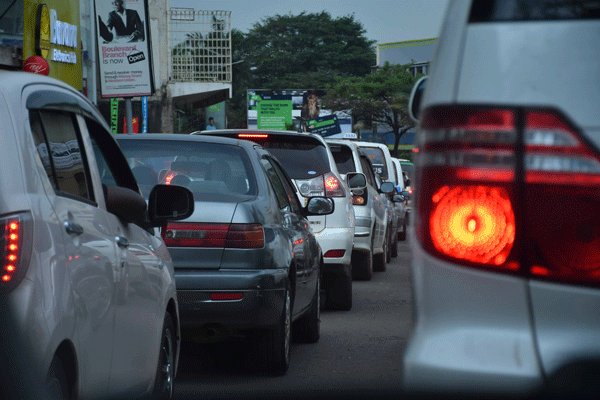The Uganda National Bureau of Standards (UNBS) has announced the enforcement of mandatory in-country inspections for all imported used motor vehicles, effective July 1, 2025, in a bid to strengthen road safety, environmental protection, and regulatory compliance.
Under the new directive, all used vehicles imported from countries such as Japan, the United Kingdom, Singapore, South Africa, and the United Arab Emirates will be subject to roadworthiness inspections upon arrival in Uganda.
Importers must pay a UGX 514,957 inspection fee per vehicle, and testing will be carried out at eight designated inspection centers across the country, including Kawempe, Namulanda, Nabbingo, Namanve, Gulu, Mbale, and Mbarara.
The new system follows the suspension of the Pre-Export Verification of Conformity (PVoC) program after a legal dispute, which previously allowed inspections to be conducted abroad by contractors such as SGS, a Swiss-based company.
The updated framework now requires local testing before a vehicle is released from customs.
UNBS Executive Director James Kakooza emphasized the importance of enhancing local oversight.
“This ensures that only roadworthy vehicles enter our market, protecting public safety and the environment,” Kakooza said.
He noted that the inspections will follow the Uganda Compulsory Standard US 845:2008, which includes checks on braking systems, tires, lighting, steering, and emissions. Vehicles that fail to meet these standards will be seized for destruction or re-exported at the importer’s expense.
With approximately 48,733 used vehicles imported into Uganda each year, the shift to in-country inspections represents a significant operational change for the automotive import industry.
Importers now face additional logistical hurdles, including inspection delays and increased compliance costs.
However, advocates of the move argue that it is a necessary step to curb the influx of substandard, high-emission vehicles that contribute to road accidents and air pollution.
The initiative is also expected to improve tax compliance, as the inspection process will be integrated with customs clearance procedures in an effort to reduce under-declaration of vehicle values and strengthen accountability.
This broader initiative aims to enhance road safety, reduce air pollution, and improve tax compliance. As Uganda’s automotive industry adapts to these changes, UNBS urges importers to comply with the new rules and monitor official communications for updates.















